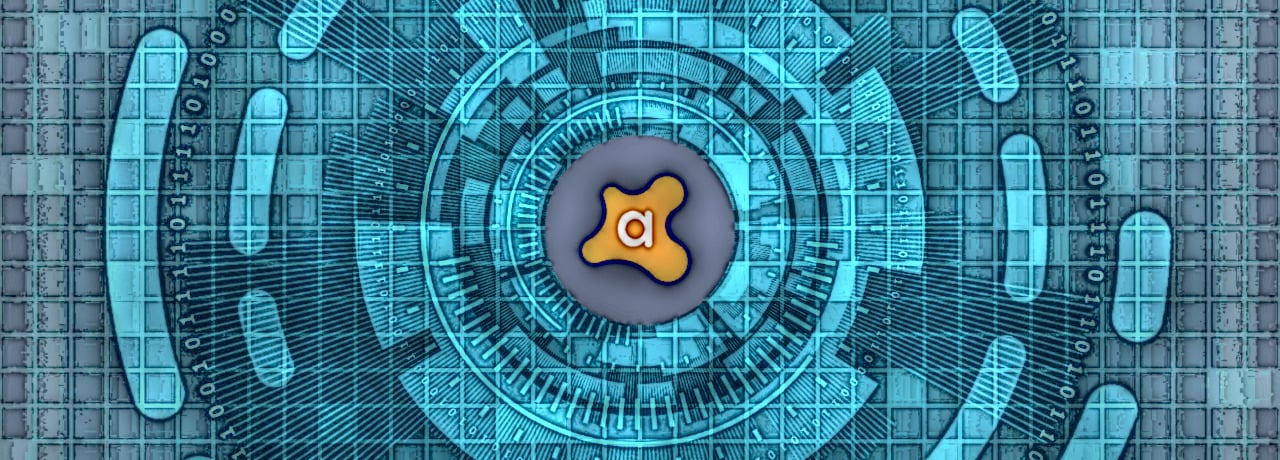

- #AVAST UPDATE PROBLEMS 2017 JULY FOR MAC#
- #AVAST UPDATE PROBLEMS 2017 JULY MAC OS#
- #AVAST UPDATE PROBLEMS 2017 JULY INSTALL#
- #AVAST UPDATE PROBLEMS 2017 JULY SOFTWARE#
The Mac remained connected to the Internet during the tests, so that cloud services could be used. Each program was installed on the freshly imaged machine and the definitions updated to the 4 th July 2017.
#AVAST UPDATE PROBLEMS 2017 JULY MAC OS#
Precisely because a Mac security product only has to identify a small number of samples, we would expect it to protect the system against most (if not all) of the threats, so the protection rate required for certification is relatively high.īefore the test, the Mac OS system was updated and an image created no further OS updates were then applied. As most Mac systems do not run any third-party security software, even these few threats could cause widespread damage. The number of malicious programs that can currently attack Mac OS Sierra is limited, although increasing. For this test, we used 687 malicious Mac malware samples collected in 2017. In addition to the interface review described above, we have also conducted malware protection tests to see how effectively the Mac security products protect the system against malware.
#AVAST UPDATE PROBLEMS 2017 JULY FOR MAC#
We congratulate these manufacturers, who elected to have their products reviewed and tested, as we feel their commitment is a valuable contribution to improving security for Mac systems. Webroot SecureAnywhere Internet Security Complete for Mac 9.0.5.56 We have reviewed and tested the following products for this report, using the newest version available in July 2017:

#AVAST UPDATE PROBLEMS 2017 JULY INSTALL#
#AVAST UPDATE PROBLEMS 2017 JULY SOFTWARE#
Keep your Mac operating system and third-party software up-to-date with the latest patches.Uninstall/disable Java unless it is essential for you.Uninstall/disable the standalone Flash Player.Use a sandboxed browser such as Google Chrome.Do not use an administrator account for day-to-day computing.

Readers who are concerned that third-party security software will slow their Mac down can be reassured that we considered this in our test we did not observe any significant performance reduction during daily operations with any of the programs reviewed.Īs with Windows computers, Macs can be made safer by employing good security practices. However, we feel that non-expert users, children, and users who frequently like to experiment with new software, could definitely benefit from having security software on their Mac systems, in addition to the security features provided by the Mac OS itself. Please note that nearly all manufacturers still call their products “antivirus”, although in reality they protect against all types of malware, including Trojans.Įxperienced and responsible Mac users who are careful about which programs they install, and which sources they obtain them from, may well argue – very reasonably – that they are not at risk from Mac malware. Whilst the number of actual viruses affecting Mac OS may be negligible or even zero, Mac systems clearly can be infected by Trojans, if users are fooled into installing them. games or music files) are much more common. These days, viruses make up a small percentage of all known malware Trojans (malicious programs disguised as e.g. One example is the FruitFly malware, which spies on Mac users by using their own webcams and recording keystrokes, as described by CNN: įor a sensible discussion of the subject, it is necessary to understand that a computer virus is only one of a number of different types of malware (malicious software). Despite the belief in some quarters that Macs are immune to malicious programs, malware that infects Mac OS continues to be developed and claim victims.


 0 kommentar(er)
0 kommentar(er)
